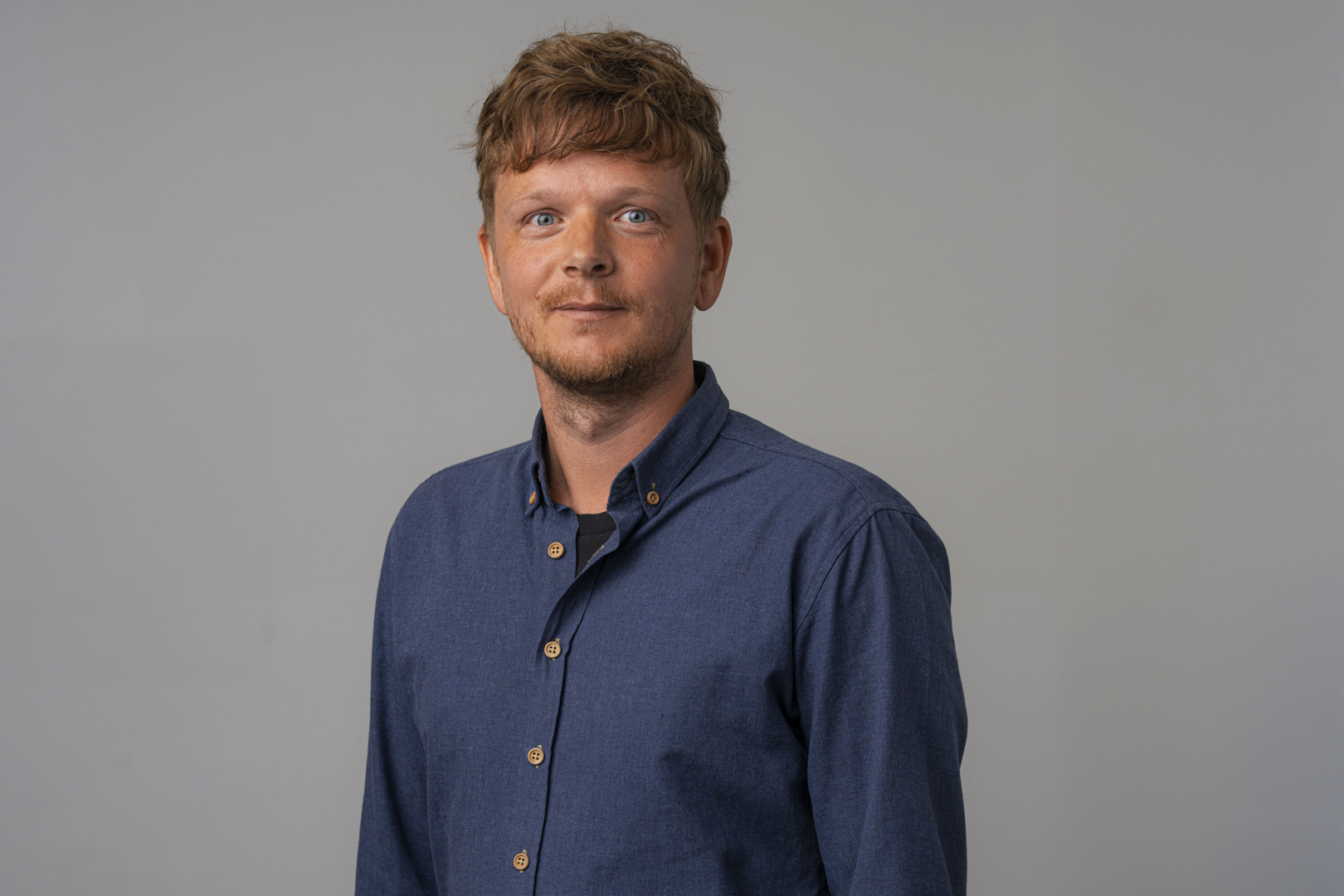Nicolai von Eggers Mariegaard
Research leader

Project title
The Republic of Newsletters: International Republicanism in the Making of Democratic Political Cultures, 1815-1840
What is your project about?
The project is about the rise of democratic culture across the Atlantic and Mediterranean world at the beginning of the 19th century, and the role that international exchange of ideas played in this. The project examines the transition from what has been called 'the republic of letters', which was an international exchange of ideas between Enlightenment philosophers in the 18th century, and to what I will call 'the republic of newsletters', where new political ideas especially were forged by a new type of intellectual, incl. journalists, who were internationally interconnected. The project analyses how ideas travel and how new and revolutionary political systems emerge with inspiration from each other. The project also focuses on the voices of the excluded (women, enslaved, the dispossessed) and their struggle for inclusion. The project investigates Haiti, Colombia, France and Greece.
How did you become interested in your particular field of research?
Since the Arab Spring and popular movements such as Occupy Wall Street in 2010-11, I have been interested in struggles concerning how we understand democracy and how different democratic systems emerge and function. This includes current debates concerning the so-called 'crisis of democracy'. With a background in the history of ideas, I want to give a deeper historical understanding of these struggles and discussions in order to understand how modern democracies emerged and in order to better understand what struggles and tensions are still with us today.
What are the scientific challenges and perspectives in your project?
The project is by heart of a very international nature, and one of the challenges will be to trace political ideas and practices across many different regional contexts. The international nature of the project will also be a challenge for the group, which will consist of people with different specializations and nationalities who will be dependent on each other's knowledge and skills. At the same time, it is precisely these kinds of collaborations that are needed in order to move research away from its traditional focus on national contexts and more towards global or international historiography.
What is your estimate of the impact, which your project may have to society in the long term?
This research project will give us a more nuanced picture of modern democracy and its history. The project does this partly by focusing on the role that often overlooked actors such as women, the enslaved and the dispossessed played in the formation of democracy and partly by determining the role international connections and mutual inspiration across national borders played in the emergence of modern democracies.
Which impact do you expect the Sapere Aude programme will have on your career as a researcher?
This is a unique chance to take the work I have done for many years on the birth of modern democracy in a new direction. This is the first time I will have the opportunity to work with a larger setup, which will make it possible to truly examine transnational relations and their significance. At the same time, I hope it can be a stepping stone for future projects that will perhaps focus even more explicitly on the role that women, the enslaved and the dispossessed have had in the creation of modern political systems.
Background and personal life
I love to read - both non-fiction and fiction – and I try to maintain the kind of broad and somewhat naive curiosity that got me into university in the first place. I think fiction (and art) in particular can open up worlds and provide perspectives in ways that science will never be able to. In addition, I like spending time with my family, travelling, experiencing nature, and going for a run.
View all research leaders here
Research institution
University of Copenhagen
Research field
History
City of your current residence
Rebild
High school
Hasseris Gymnasium
